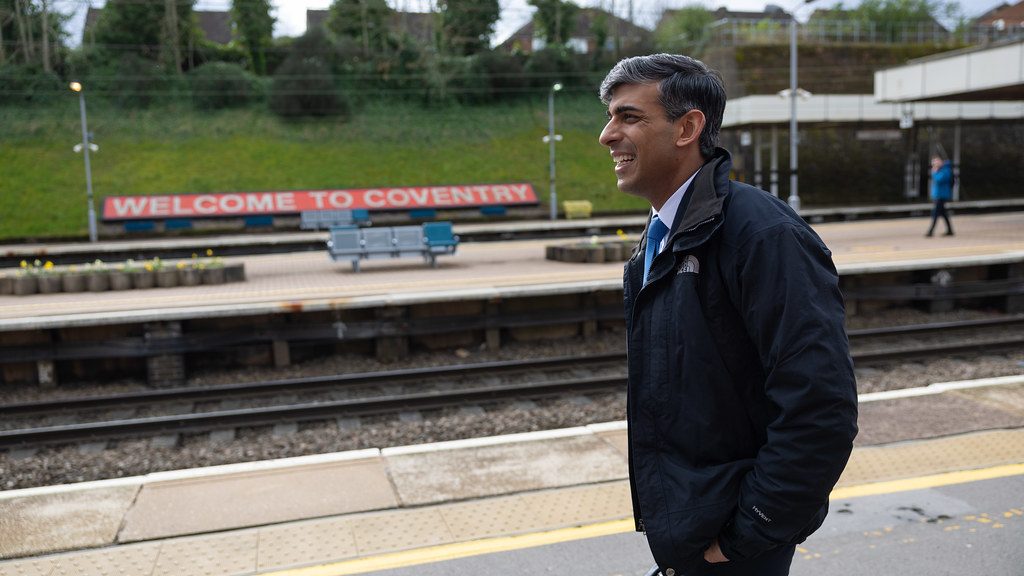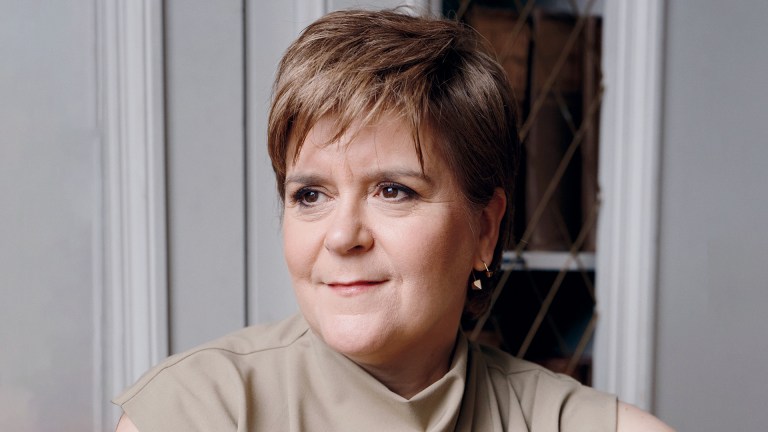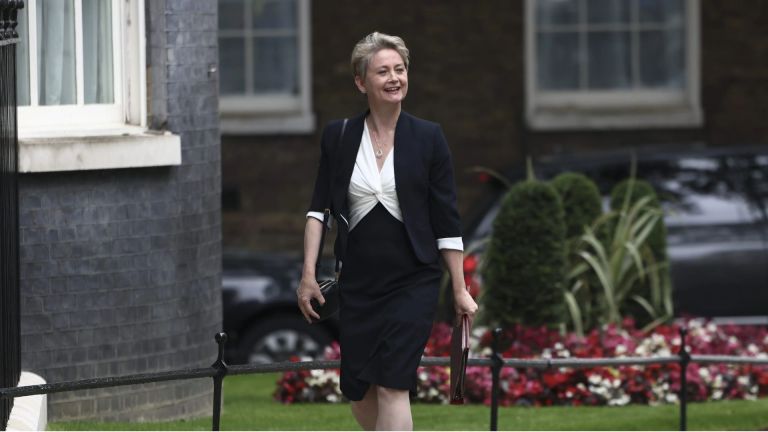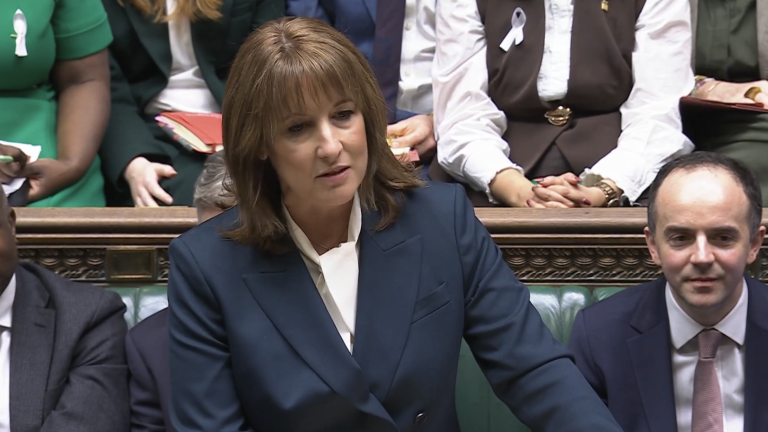Prime minister Rishi Sunak’s refusal to call a general election in May could cost the taxpayer around £33m.
By not holding the national poll on the same day as local elections, admin costs will be duplicated and the plebiscite more expensive, calculations from the Mirror have found.
Speculation has grown over the potential date of the next general election. Sunak can choose when to hold an election – with the default and last possible date being 28 January 2025.
General elections are automatically held every five years, but a prime minister can dissolve parliament to hold an early vote. Polling has found nearly half of voters want an election in May.
The prime minister ruled out an election on 2 May last week, telling ITV News West Country: “There won’t be a general election on that day but when there is a general election, what matters is the choice.”
The Mirror compared the cost of the general election portion of the last general and local elections held together – £114.7m in 2015 – with the next national vote held on its own – £140.8m in 2017. When accounting for inflation, the difference is £33.2m.





